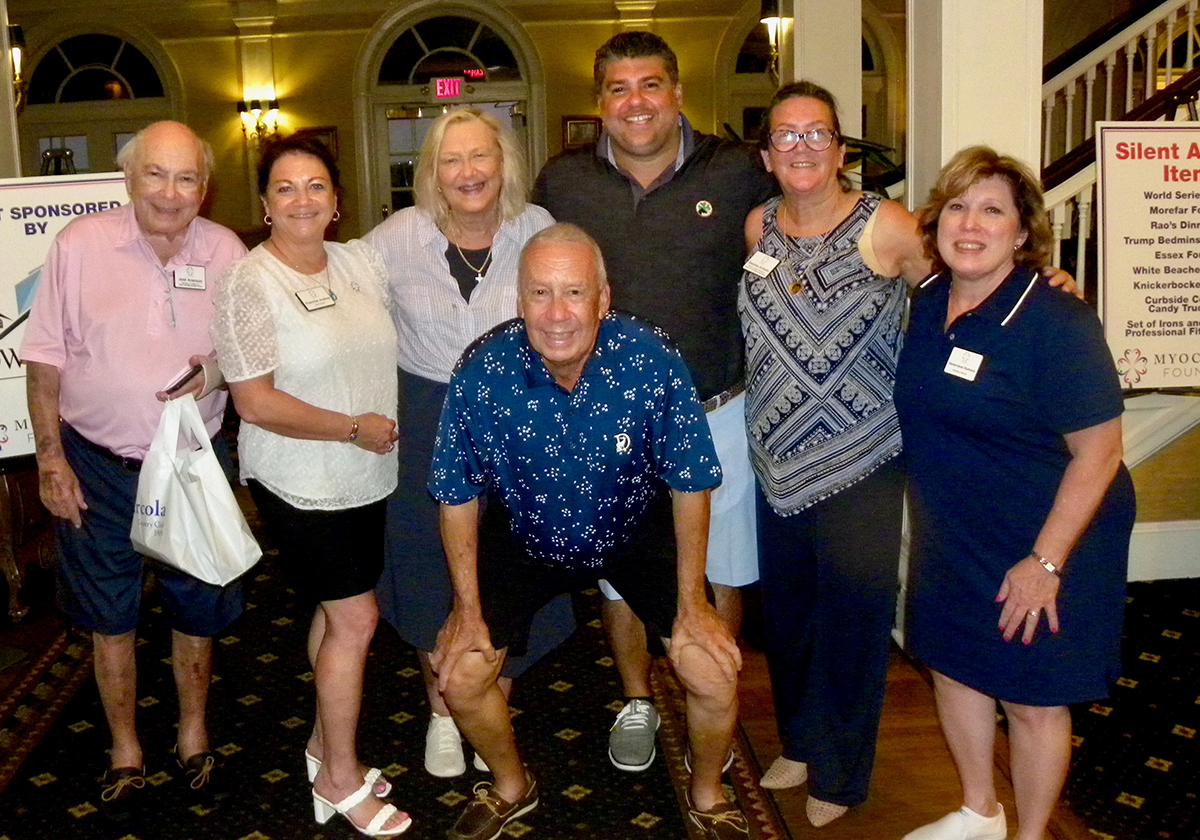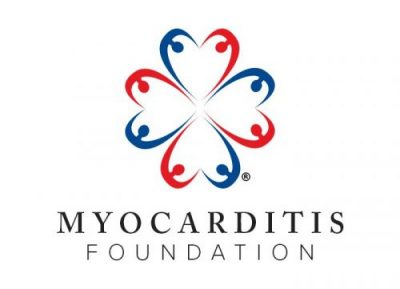Dr. Paul Hanson was the 2017 Myocarditis Foundation Fellowship Grant Awardee, which was named for Sarah Knight.
Sarah was a 25-year-old bilingual kindergarten teacher, just starting her second year of teaching. She had a passion for children and poured her heart and soul into her career. She truly loved her students and worked hard to make learning fun.
On September 26, 2011, Sarah spent a typical day as a kindergarten teacher. She taught during the day, attended a meeting in the late afternoon, and in the evening was working in her classroom on lesson plans. Around 7:30 p.m. the school custodian discovered Sarah lying on her classroom floor where she had collapsed and died.
The following is a letter that Dr. Hanson wrote to the Knight Family as a follow-up to his Fellowship Grant in their daughter’s memory:
Thank you all for the opportunity to share my insights at the Sarah Knight annual golf outing. Back in 2017, as a postdoctoral fellow from the University of British Columbia, I was the first-ever recipient of the Sarah Knight Myocarditis Foundation Postdoctoral Fellowship, where I had the honor and privilege to speak to you in person thereafter at one of the memorial golf outings. Now at Stanford University, the fellowship that the Knight’s sponsored in Sarah’s honor through your kind charitable donations have profoundly impacted myocarditis research and has helped advance my career. For that, I am forever grateful to all of you. Because of your continued support, we’ve been able to raise awareness about myocarditis in the community. I wish to thank all the hard work and commitment of the Myocarditis Foundation and visionaries like Dr. Cooper. They dedicate their careers to improving our understanding of and ability to diagnose and treat this devasting disease. Many lives have been saved because of their efforts and contributions, yet significant challenges remain.
My research over the past 10 years has focused on improving the diagnosis of myocarditis. As many of you know, myocarditis is defined as inflammation and associated damage to the heart muscle. However, it may not present with any symptoms of heart damage, and patients may exhibit flu-like illness. Therefore, myocarditis is not often suspected in the clinic and goes undiagnosed. My research has focused on developing a blood-based test that, along with diagnostic imaging, can inform physicians if patients have myocarditis, even without symptoms of heart failure, so that they can be treated earlier. This also negates the need for invasive heart biopsies, which would not be performed on patients who don’t show any signs of heart failure. We’ve demonstrated that specific protein markers identify myocarditis in cellular and murine models. My lab in Vancouver is working on confirming this in humans. In addition, we recently showed that viruses are much more common in the failing heart of many conditions using an advanced strategy to detect them in patients who have had heart transplants, opening the door for doctors to screen for viruses in the heart, which may also impact treatment. During the pandemic, my lab also studied COVID-19 and its impact on the heart. We demonstrated how heart injury occurs in critically ill COVID-19 patients. At Stanford, I’ve developed a biobank, a repository of human blood samples that allows us to study numerous patients, which will significantly impact and direct new diagnostics and treatments. I hope to share my knowledge in this regard and work with Dr. Cooper and the Myocarditis Foundation as they establish a global Myocarditis patient biobank that will surely make significant progress in our understanding, diagnosis, and treatment of myocarditis.
Thank you all for your continued support; your contributions have made and will continue to make a considerable impact on myocarditis research, diagnosis, and treatment. I want to especially thank the wonderful hosts of this event, Greg and Susan Knight; without their continued commitment, my postdoctoral research would not have been possible. Thank you all!




























